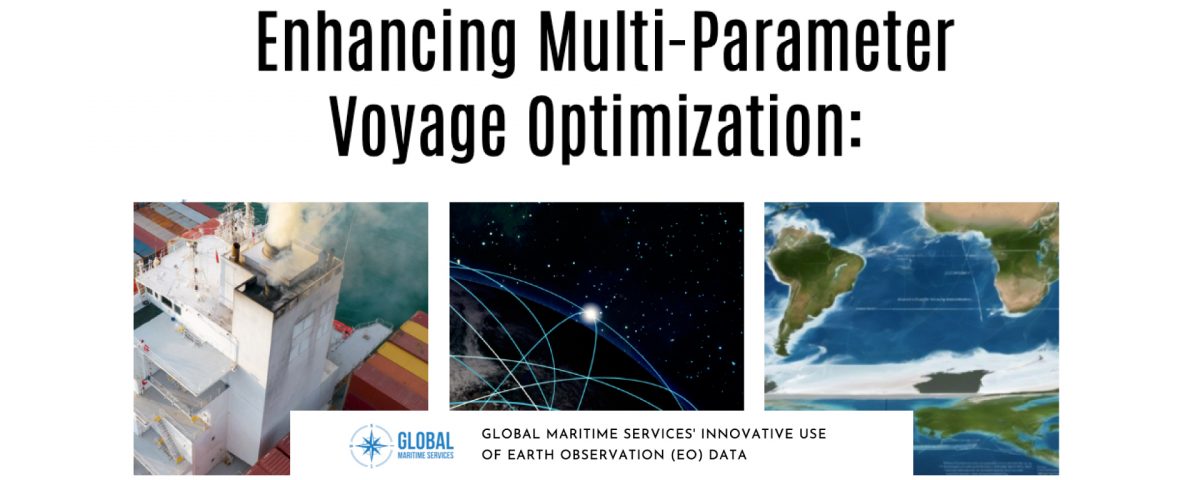
New Challenges for Recreational Yachting in Europe
July 29, 2023
Colombia’s Aviation Fuel Crisis: A Call for a Broader Energy Solutions in Latin America
August 27, 2024Introduction
In the maritime industry, optimizing voyages not only improves efficiency but also significantly reduces fuel consumption and emissions. G.M.S Global Maritime Services Ltd (GMS) has been at the forefront of this initiative, pioneering research and development (R&D) efforts that have successfully achieved an impressive 7% reduction in fuel usage and emissions through advanced voyage optimization technologies. Building on this success, GMS is now embracing Earth Observation (EO) data to further enhance its optimization capabilities.
The Role of Earth Observation Data
GMS is integrating high volumes of spatial and temporal resolution EO data into its AI-powered voyage optimization engine. By leveraging this data, GMS can provide more accurate and timely insights for route planning and fuel management to reduce emissions. The incorporation of EO data allows for a comprehensive understanding of oceanographic conditions, weather patterns, and other critical environmental factors that influence vessel performance.
Advancements in Technology
The transition to an EO-enhanced optimization module represents a significant leap forward in maritime technology. The high-resolution data captured from satellites provides detailed information about ocean currents, waves, and wind patterns, enabling GMS to make informed decisions that minimize fuel consumption and emissions further. With this enhanced data, GMS can optimize routes dynamically, adjusting them in real-time to account for changing conditions and ensuring that vessels operate at peak efficiency.
Benefits of EO Integration
1. Increased Accuracy: By utilizing EO data, GMS can refine Voyage Optimization algorithms, resulting in more precise voyage planning and execution, which will result in fewer emissions for the ships using the technology and a reduced carbon footprint for the goods carried.
2. Real-Time Adaptation: The ability to access up-to-date environmental information allows vessels to adapt their routes in real-time, avoiding adverse conditions and optimizing fuel use.
3. Sustainability Goals: This innovative approach not only reduces operational costs but also aligns with global sustainability efforts by minimizing greenhouse gas emissions.
4. Regulatory Compliance: As we are all aware of the regulatory compliance for the Existing Ship Index (EEXI) and the annual operational carbon intensity indicator (CII) and its rating, GMS will have a special focus on improving the Ship Energy Efficiency Management Plan (SEEMP) with the EO data for the voyage optimization system. This will result in a reduction of GHG emissions and a subsequent reduction of the EU ETS fees.
Conclusion
Global Maritime Services is committed to leading the maritime industry towards a more sustainable and efficient future. By integrating Earth Observation (EO) data into its voyage optimization technologies, GMS is setting new standards in fuel efficiency and emissions reduction. This strategic focus on advanced data utilization demonstrates GMS’ dedication to innovation and environmental stewardship, ensuring that it remains at the cutting edge of maritime technology.




